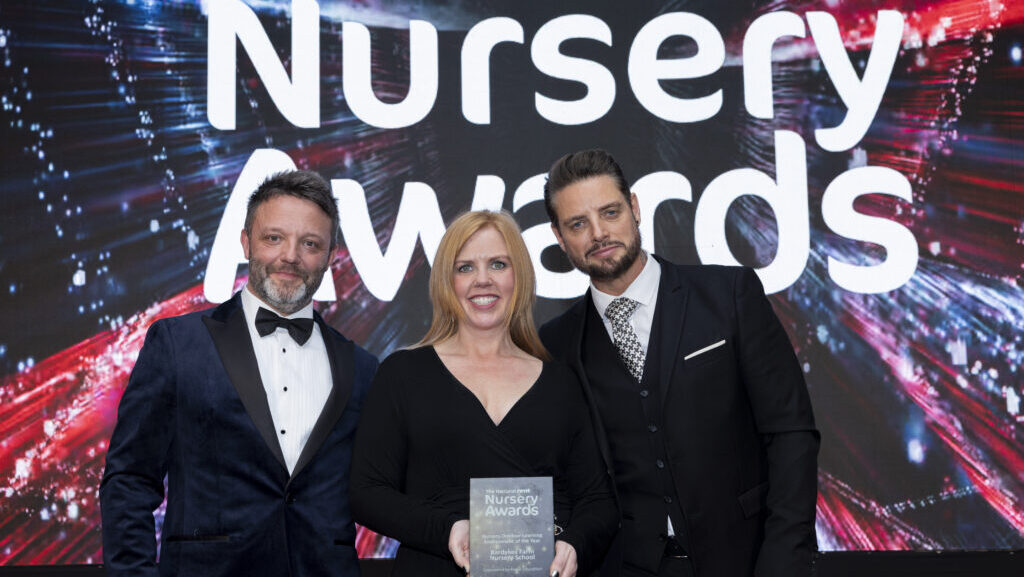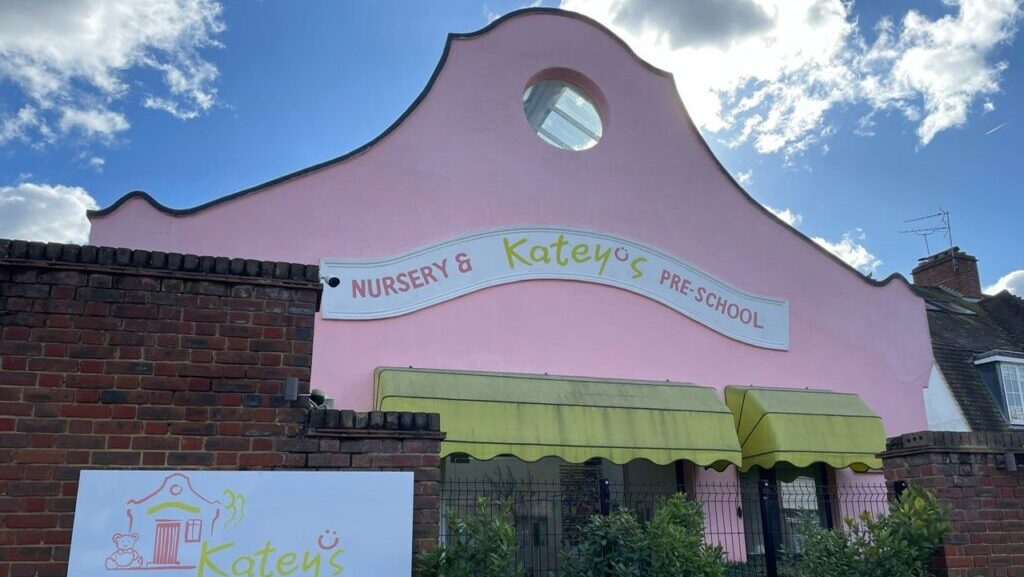The winners of the National NMT Nursery Awards reflect on what their achievement means to them
Raising standards
Lisa Nichols, early years quality manager for Monkey Puzzle Day Nurseries, explains why a robust audit process is an essential part of maintaining high standards and gives her advice on how to excel in Ofsted inspection
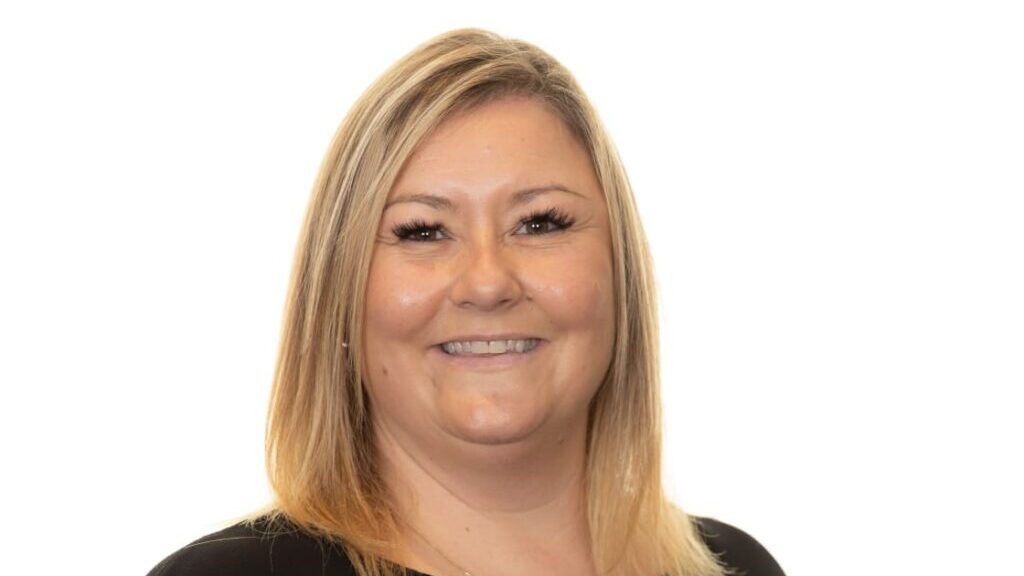
Auditing processes play an essential part in maintaining high standards in any industry, and in early years education, they play a crucial role in ensuring children receive the best possible learning experiences. A good audit doesn’t just check for compliance – it provides actionable insights, tailored support and a roadmap for improvement.
Setting the stage for success
Our audits are designed to support our nurseries in being the best they can be, helping them comply with industry standards and confidently prepare for Ofsted inspections. At Monkey Puzzle, we don’t see audits as a box-ticking exercise; they’re an integral part of the high-quality care and education we provide to children.
So, what does the audit process look like? Typically, nurseries undergo their first Ofsted inspection between 17 and 30 months of opening, but at Monkey Puzzle, we get started much earlier. Our first audit, which essentially mimics an inspection – and then some – usually takes place 12 to 18 months after launch. This gives our early years quality team plenty of time to work closely with staff, ensuring everything is in place and ready for inspection time.
In addition to this early start, we conduct monthly visits to each setting. These visits, which can last up to six hours, are sometimes announced but may also not be, depending on circumstances. They’re a chance to address specific concerns or to get ready for a potential inspection.
Our audits align closely with Ofsted’s framework, using tools like the inspection handbook to guarantee full compliance with welfare requirements. However, we also extend our focus to include areas that may not always be emphasised during an inspection – we want to dig deeper, particularly into the data. For instance, we include detailed reviews of specific aspects, such as health and safety, safeguarding practices or dietary requirements. This creates a well-rounded approach that complements the broader goals of an Ofsted visit.
Recognising that no two nurseries are exactly alike, our audits are tailored to the individual needs of each setting. By breaking larger inspection categories into smaller, focused components, we’re able to address every detail comprehensively and effectively, leaving nothing to chance.
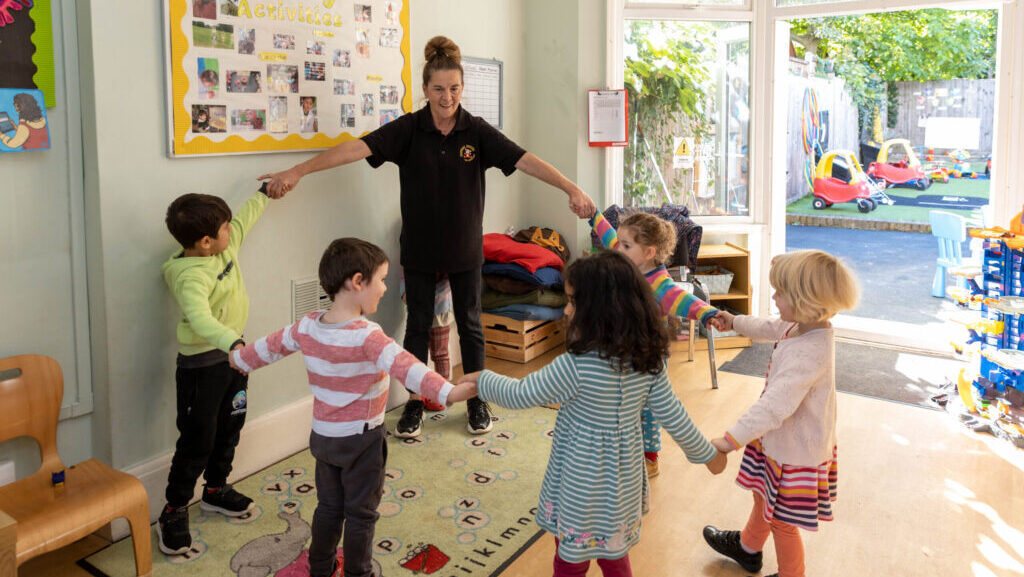
Turning insights into action
For us, the audit process doesn’t end when the visit is over. In fact, what happens afterwards is the most critical part of ensuring the success of the setting. It’s all well and good conducting a thorough audit, but the real value lies in how nurseries engage with the feedback provided. This stage transforms observations into improvements, helping nurseries stay at the top of their game when inspection time rolls around.
Following each audit, we provide a detailed and comprehensive report that outlines our findings, offering practical solutions for that setting. Our reports prioritise including actionable steps to address specific areas of improvement. This approach gives nurseries a clear path forward, helping them implement meaningful changes that elevate their standards.
We design bespoke 12-week action plans to guide nurseries through the next phase. Sometimes improvements may only be required in one age group or room, and in cases where nurseries are fully compliant with our findings, a 12-week plan might not be necessary at all. The key is consistent communication, making sure the support provided is always relevant, effective and tailored to each setting.
Regular follow-ups are central to this process. We don’t just hand over a report and step away, we’re there to track progress, provide guidance and refine approaches as needed. Whether it’s sending tools to address certain issues or offering additional advice, our ongoing support means that improvements are not only implemented but sustained.
By actively engaging with our feedback and leveraging the resources we provide, our settings can confidently prepare for upcoming inspections. This collaborative approach is crucial to our auditing process – identifying areas for improvement only goes so far. It is about working together to achieve lasting excellence in the early years services we provide.
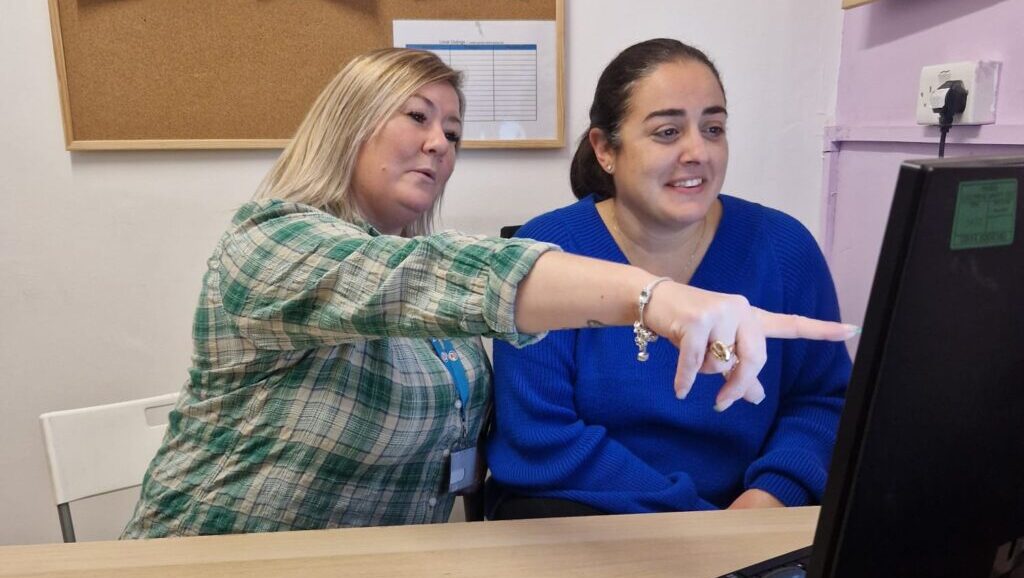
Staying ahead of the game
The world of early years education is constantly evolving, so being proactive is crucial. The Early Years Foundation Stage (EYFS) framework is regularly updated, for example, the information around dietary requirements for our children, meaning best practices are constantly shifting. At Monkey Puzzle, we take pride in our ability to adapt and guide our nurseries through these changes, ensuring they remain compliant and confident at every stage.
Our early years quality team has more than 100 years of combined experience. This expertise shapes every aspect of our process, making sure nurseries receive practical, informed guidance every step of the way. For instance, we know offering support from a distance doesn’t work. With our hands-on approach, including regular physical visits and continuous availability, whether answering a quick question or offering in-depth advice, we’re always ready to lend a helping hand. We believe this approach helps build confidence, trust and long-term success for every setting we work with.
By addressing potential challenges early, we help nurseries stay on track – think of it as prevention rather than cure. This proactive mindset, along with significant investment in our team, has contributed to our success: as of December 2024, we’ve achieved a 100% success rate in our audits leading to nurseries rated Good or Outstanding by Ofsted.
Our top tips
1. Engage with feedback – once the audit is complete, the real work begins. Embrace the feedback, use the tools and resources provided and implement the action plan. It will lead to meaningful improvements that will benefit your team and the children in your care.
2. Focus on daily compliance and quality improvement – compliance isn’t something to be left to the last minute. The more attention you give to maintaining high standards, the smoother the audit process will go. Small changes made consistently lead to big improvements over time.
3. Trust the team – It’s important to lean on expertise in our industry. After all, we have the same goals. Trust the process and don’t hesitate to reach out when you need advice or clarification.
Our auditing process is about much more than complying with guidelines and requirements. It supports our nurseries to deliver high-quality early years education. Our ultimate goal is to help every nursery achieve excellence and strive for that Outstanding rating. What really matters is that it’s our job to guide our settings through every step of their compliance journey, ensuring they have the tools and expertise to thrive – we’re all in it together
Latest Features
Stephanie Mensah, co-founder of Bibinee Dolls, explores the importance of diversity in early years education and asks if we are…
We find out how Chalk Nursery Group worked with managed technologies firm Active8 to make life easier for its nursery…


